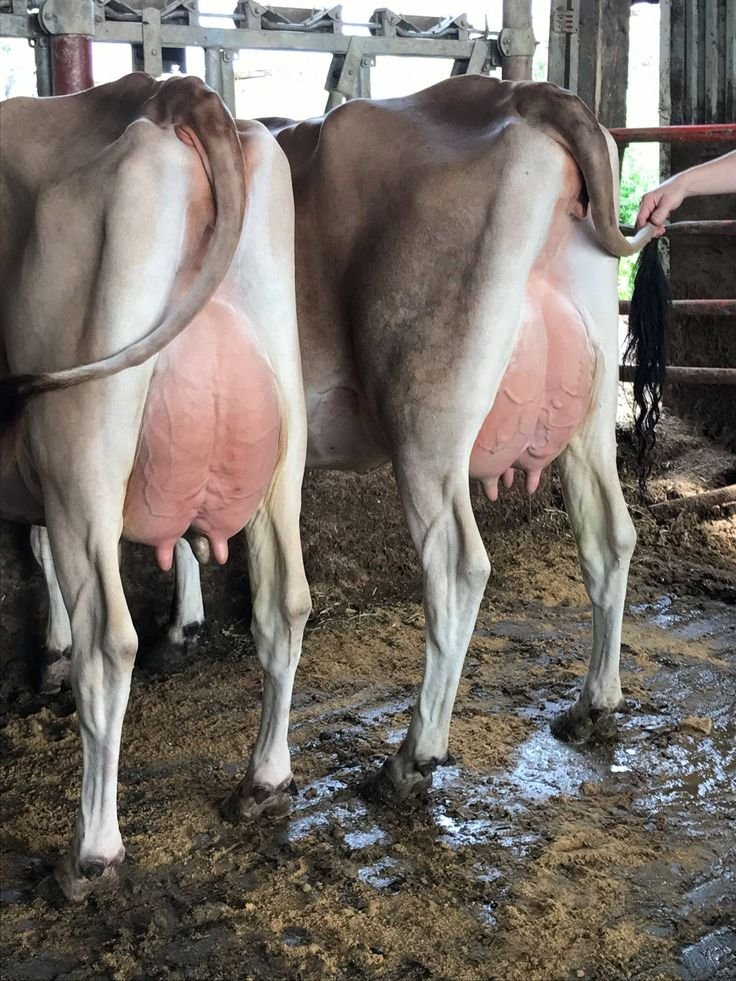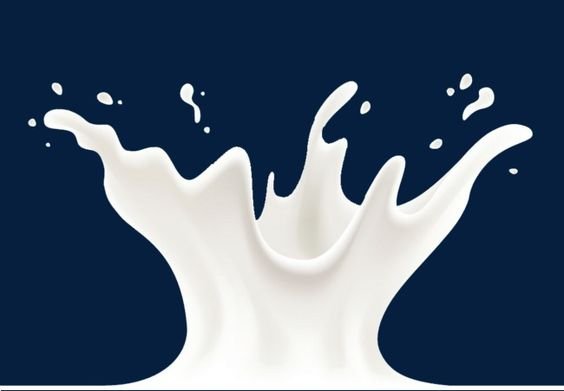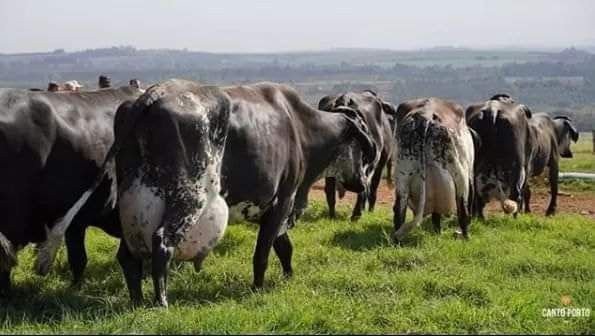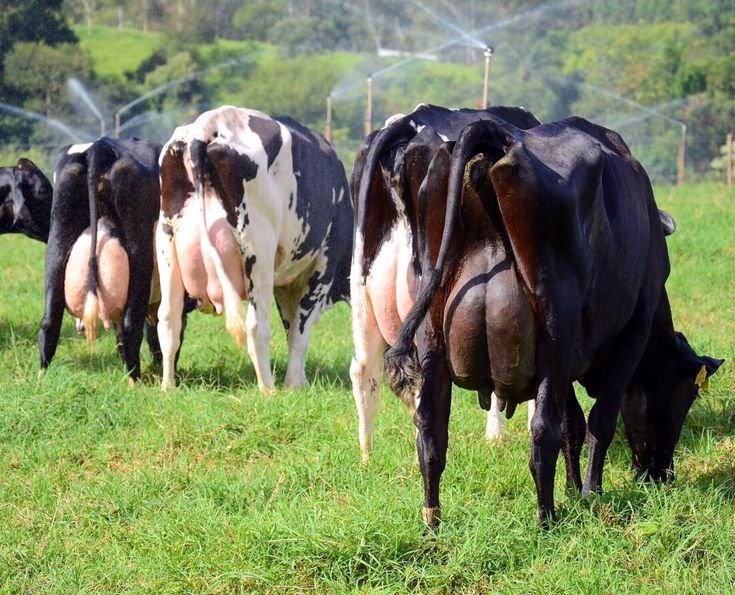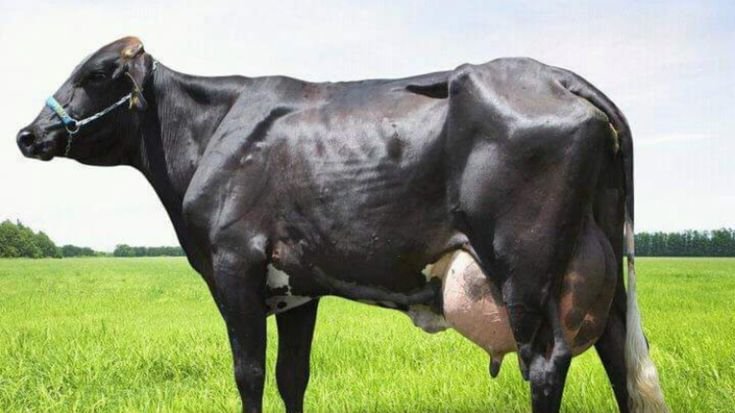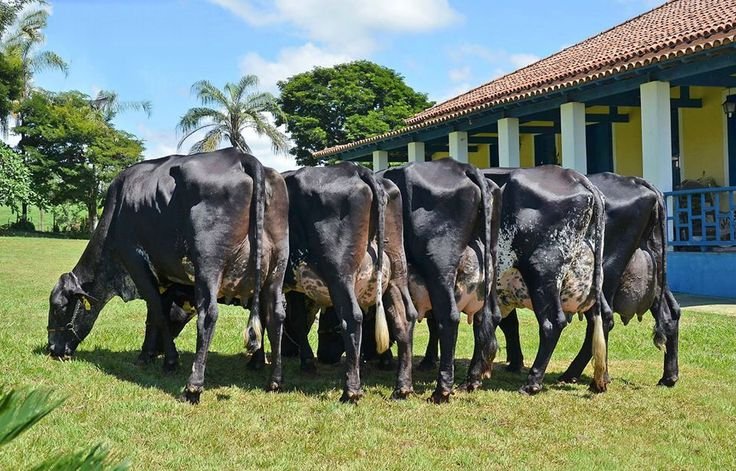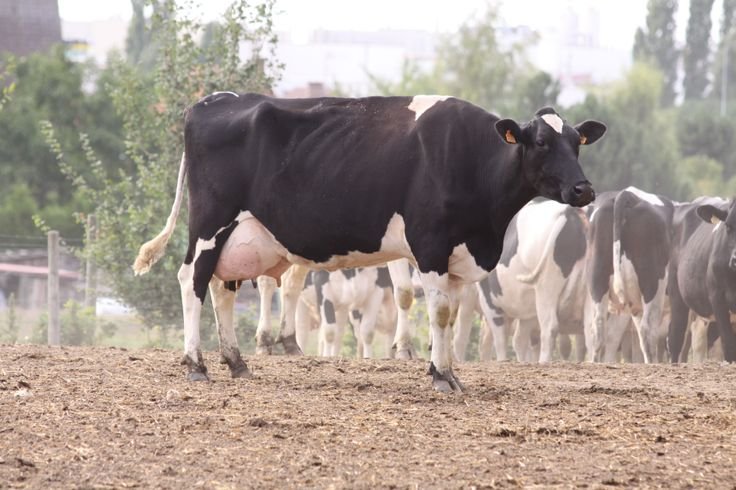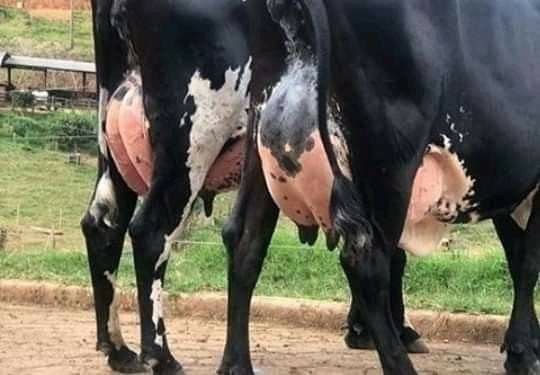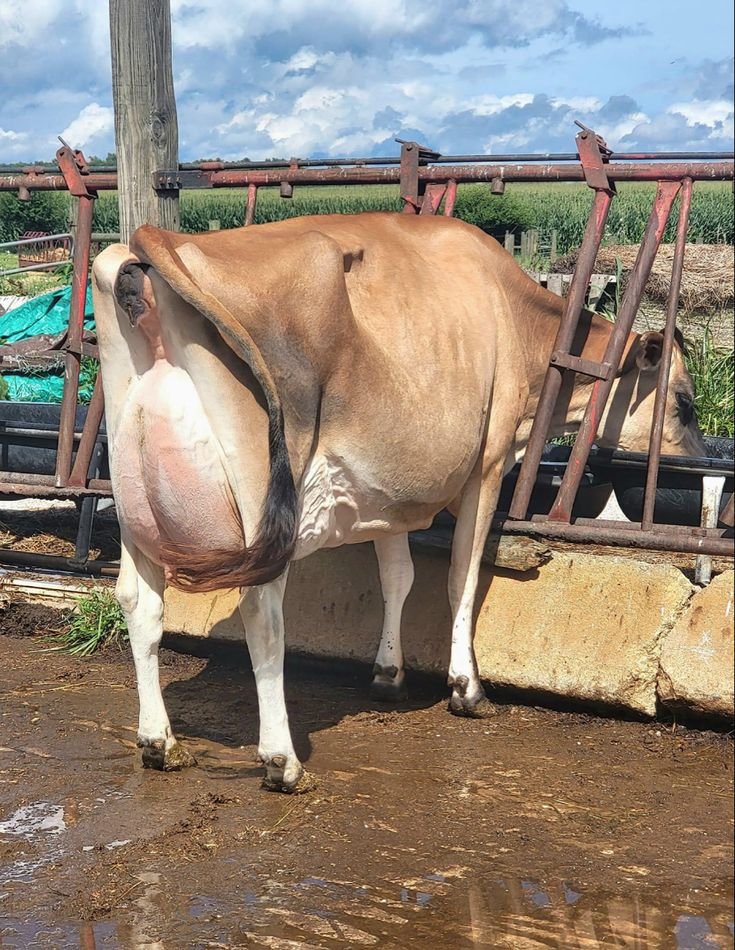Calcium deficiency is a significant issue affecting dairy cattle worldwide, leading to lower milk yields and impacting the overall health of the herd. Calcium is essential not only for milk production but also for numerous biological functions in cattle. In this article, we will discuss the causes and effects of calcium deficiency, and how farmers can use targeted solutions to improve dairy health and boost milk yields.
Why Calcium is Vital for Dairy Health
Calcium is one of the most crucial minerals for dairy cattle. It is needed for:
- Milk Production: Calcium is a major component of milk, and deficiency directly impacts milk yield.
- Bone and Muscle Health: Essential for bone strength and proper muscle functioning.
- Nervous System Regulation: Calcium is required for effective nerve transmission, supporting the overall well-being of dairy cattle.
- Immunity: Aids in a stronger immune response, reducing susceptibility to infections.
Effects of Calcium Deficiency on Dairy Cattle
- Reduced Milk Yield
Calcium deficiency can lead to decreased milk production, affecting profitability. Severe deficiency, especially after calving, may result in milk fever (hypocalcemia), characterized by weakness and reduced milk flow. - Increased Risk of Milk Fever
Milk fever, a common issue in dairy cows post-calving, is often caused by low calcium levels. If untreated, it can lead to muscle weakness, tremors, and in severe cases, paralysis. - Weakened Immune System
Calcium is crucial for immune function, and deficiency can make cattle more prone to infections and diseases, resulting in increased veterinary costs and decreased productivity. - Reproductive Health Issues
Calcium deficiency can delay estrus cycles and reduce conception rates, affecting reproductive efficiency in dairy herds. - Bone Weakness and Mobility Problems
Chronic calcium deficiency can weaken bones, leading to mobility issues and reducing the lifespan of dairy animals.
Causes of Calcium Deficiency in Cattle
- High Demand During Lactation: Dairy cows have an increased calcium demand during lactation, especially in the early stages, leading to potential deficiency if not supplemented adequately.
- Nutritional Imbalances: Low-quality feed lacking in minerals can result in calcium deficiency.
- Vitamin D Deficiency: Vitamin D is needed for calcium absorption; without sufficient levels, cattle cannot fully utilize the calcium in their diet.
- Poor Metabolism of Calcium: Some metabolic conditions impair calcium absorption and retention, making deficiency more likely.
Solutions for Combating Calcium Deficiency in Dairy Cattle
- Calcium Supplementation
Regularly providing calcium supplements is essential to meet the needs of lactating cows. Sumaani Pharma offers high-quality calcium supplements designed to support milk production and strengthen cattle health. - Balanced Mineral Mixes
Ensuring a balanced mineral intake with appropriate levels of calcium, phosphorus, and magnesium is crucial. Sumaani Pharma provides mineral blends that support healthy metabolism and improve calcium absorption. - Vitamin D Fortification
Include Vitamin D in the cattle diet to enhance calcium absorption. Sumaani Pharma’s products are fortified with both calcium and Vitamin D, ensuring optimal nutrient intake for dairy cattle. - Chelated Calcium for Better Absorption
Chelated calcium, a form that the body can easily absorb, helps maximize calcium intake. Sumaani Pharma’s chelated calcium supplements ensure dairy cattle get the maximum benefit from their calcium intake. - Pre-Calving Calcium Supplementation
Giving calcium supplements during late pregnancy can help cows cope with the increased demand for calcium post-calving. This practice significantly reduces the risk of milk fever and other calving-related issues.
Conclusion
Calcium deficiency in dairy cattle affects milk yield, reproductive health, immunity, and overall longevity. By addressing this deficiency through balanced supplementation and quality products like those from Sumaani Pharma, farmers can protect dairy cattle from common health issues, ensuring better milk yield and healthier herds.



